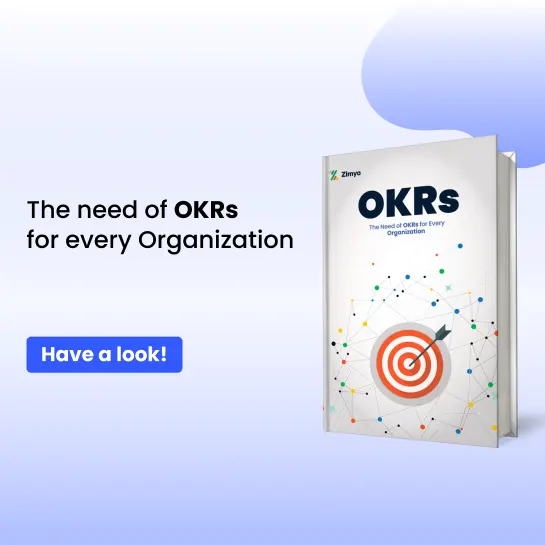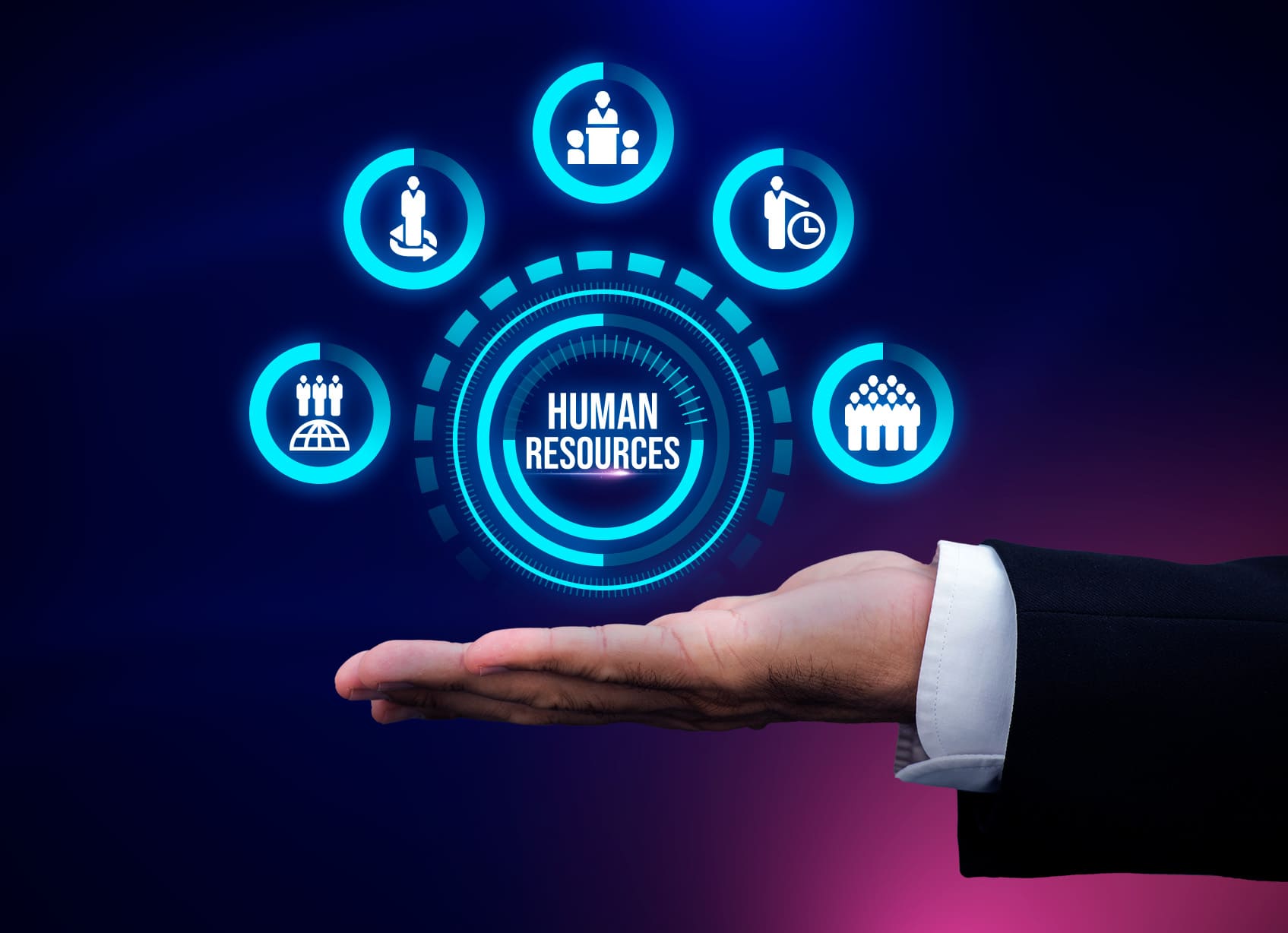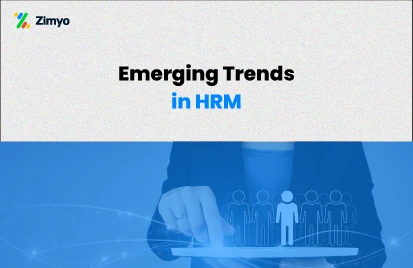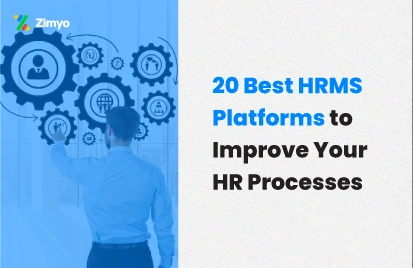As the world of business limps to a new normal, here is a look at the changes that the Covid-19 Pandemic is bringing about in Human Resources.
Even before the Covid-19 Pandemic, HR leaders were struggling to prepare employees for an increasingly digitised workplace. Along came the pandemic and the workplace changed again, this time forever.
When the world changed practically overnight with the coronavirus pandemic, organisations did too.
It is predicted that HR functions and leadership will be needed by organisations this year in ways that they may have never needed them before. Never before has the role of HR been more critical than now.
The pace of business transformation caused by the Coronavirus crisis is unprecedented. Crises await at every turn. Human Resources has to continuously re-invent ways to handle hiring, retrenchment, remote working, and every facet of their function. As employees started logging in remotely, HR functions stepped up to transform brick-and-mortar offices into virtual workplaces. Guidelines to ensure that employees could manage WFH seamlessly and securely had to be quickly defined and circulated. In many cases, employees had to be supported with digital setups to ensure that business continuity could be maintained.
WFH, minimal staffing and social distancing is going to be the new normal for at least a year. This will impact HR practices like recruitment, on-boarding, performance management and employee engagement. Recruitment will focus on tech-savvy talent who can perform in a digital workplace. Processes for on-boarding new hires will have to become fully digital. Training and skilling will reconfigure for an online-only mode.
In the appreciable future, HR will play a key role in redefining, perhaps permanently, the nature of the workplace. Having larger remote workforces will push organisations to ramp up technology adoption and digitalisation, enable dispersed operations, and collaborative functioning.
The Future of Work From Home
A study by Gartner revealed that 82% of the 127 company leaders surveyed intend to permit remote working some of the time as employees return to the workplace. The extensive adoption of remote work, video conferencing and telecommuting is unlikely to shift back to pre-pandemic ways of working in the immediate or long term future.
With Millennials and Gen Z seeking a digital nomad lifestyle, the job search will soon start shifting towards remote positions or openings that offer remote work benefits at the very least.
Social distancing will likely be here to stay, but long, inefficient video meetings will likely be replaced with greater clarity, context and succinct delivery.
In that sense, work-from-home will be work-from-anywhere. The new office is now wherever the employee is. It may well be the corner coffee shop or during his babysitting watch. Making remote work easier and more accessible for employees will become a priority. Best practices, software and tools to optimise productivity, advanced connectivity tools, accessible tech equipment and tools to work from home will have to be identified.
Two-way, personalised and regular communication will need to happen, to create a sense of community among teams. Employees have and will likely continue to be juggling, work, home, childcare and other caring responsibilities. More flexibility will have to be built into systems. Clear and realistic work goals, with the flexibility and space to actually achieve them, is the way to go in 2021 and beyond.
In the ever shifting context of remote and flexible work, it will be vitally important to understand when people are available, when they’re working on something that requires more concentration and when they may not be working at all. Building on the need to communicate and share openly, work schedules and capacity, taking simple steps like sharing open diaries, capturing, tracking and sharing when people are available or working all support this effort.
Putting the Human Back into Human Resources
The corollary of remote working is de-personalisation.
How does one personalise remote working, which by definition is distant? That perhaps is the single largest challenge that HR will face.
Automation and digitisation of many business processes, including the effective use of HRM cloud based systems to manage HR processes, has opened up time and space for HR leaders to focus on the employee experience. HR teams can move away from being burdened with administrative tasks and learn new employee welfare skills, the foremost among them being the increased need for mental wellbeing. Be it leave management, applicant tracking, or digitising all the processes that are document intensive, automating such mundane tasks can enable HR to deal with issues that require larger attention, such as employee retention, mental health and reducing stress at work.
Focus on Mental Health
2021 will see organisations finally taking mental health seriously. Employers will have to do everything they can to provide support in a time like no other.
The lines between home and work have become blurred and this is contributing to stress and anxiety, which may well be affecting engagement and productivity. HR will have to build trust and effectively manage stress at work. Managers will have to learn how to spot employees who could be suffering and learn to have sensitive conversations. A wellness action plan will have to be ready.
Businesses will have to take a proactive approach to ensure that employees know who they can talk to and what resources are available. Engaging with mental health professionals and making sure employees have access to resources will become increasingly important. Despite progress in recent years, there is still a stigma attached to mental illness and HR will have to take the lead to make conversations around mental health possible.
Bringing It All Together
Many people are facing a long walk back from the challenges of 2020 and the assistance their employers provide will be central to helping them make this long and difficult journey.
One further thing set for certainty in 2021, is that HR’s evolution as a result of COVID-19 in 2020, is set to continue. And with it, the need to have a complete HR solution that can support organisations is as valuable as ever.
Also Read: How HRMS Enabled Businesses To Survive In The New Normal?






